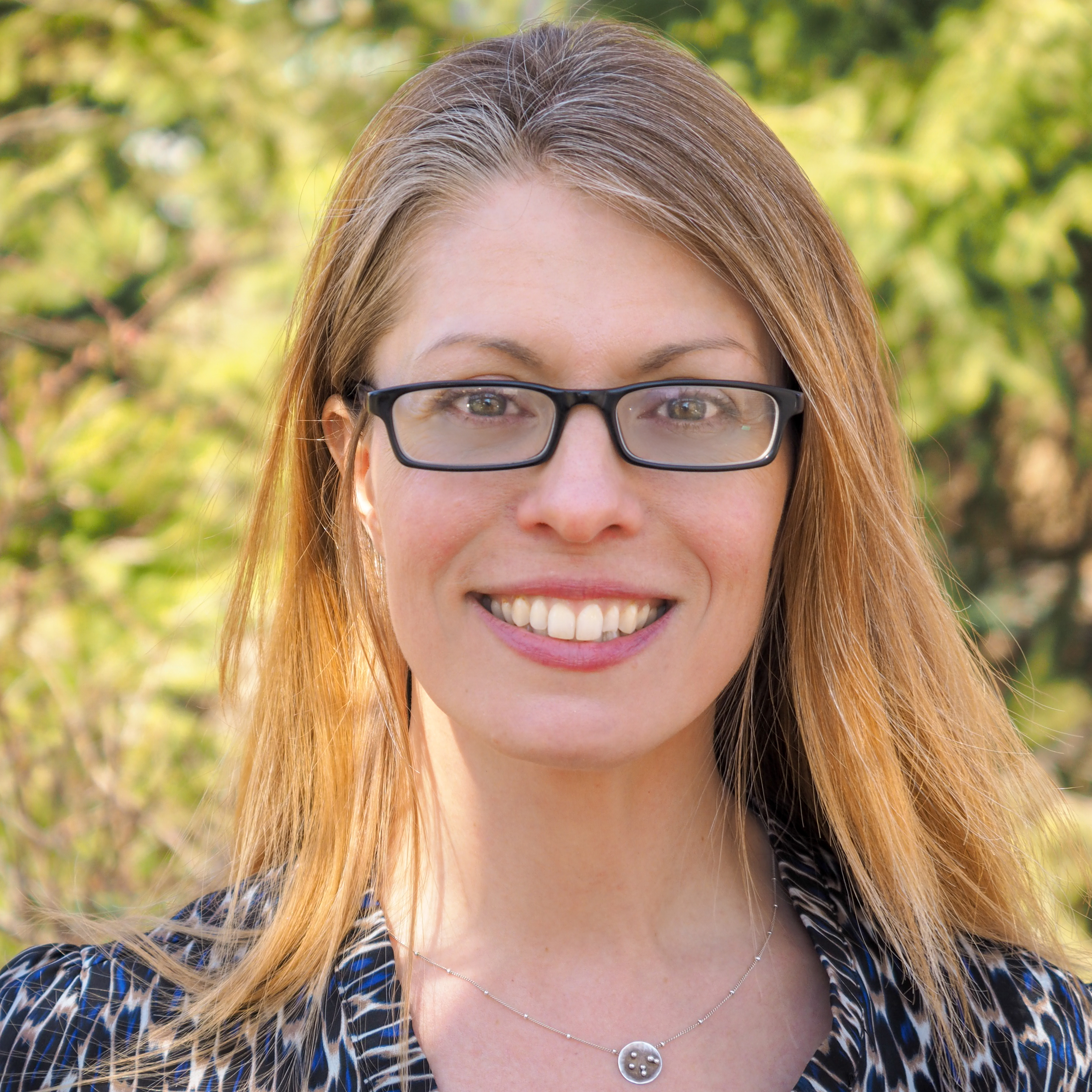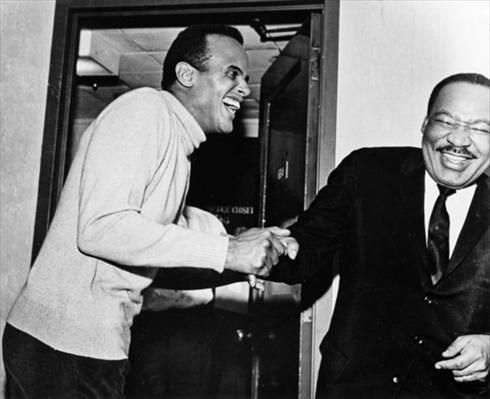DR. MARTIN LUTHER KING JR:
AN "ACCIDENTAL" LEADER

MICHELE J MARTIN
Dr. Martin Luther King Jr's "I Have a Dream" speech is considered one of the 20th century's most unforgettable moments, but his path to becoming the face and leader of the civil rights movement in the United States wasn't always clear. In fact, it was accidental and more a matter of right place, right time.
Born Michael King Jr., his father, a Baptist pastor, changed their names after a trip to Germany, where he'd become greatly inspired by the Protestant Reformation leader Martin Luther. Martin Jr. was destined to follow his father, grandfather, and great-grandfather in the family profession, despite his own misgivings about a career in the ministry.
He was an incredibly gifted student, accepted into college at 15. Studying sociology, he had considered law or medicine before Morehouse president and theologian Benjamin E. Mays convinced Martin Luther King Jr to follow the family path and become a minister. Before graduation, he was ordained, continuing to Pennsylvania's Crozer Theological Seminary and then onto Boston University for his Ph.D. His doctorate was in systematic theology. His dissertation, "A Comparison of the Conceptions of God in the Thinking of Paul Tillich and Henry Nelson Wieman," was published in 1955.
Martin Luther King Jr. wasn't planning to become involved in the civil rights movement, not to the degree he did. It was happenstance. At the time of Rosa Parks' arrest in Montgomery, King was a minister at a nearby Baptist Church. The busing boycott following her arrest was not his idea. Still, he decided to allow the organizers to use his church's basement for meetings.
The group called themselves the Montgomery Improvement Association and, to his surprise, elected him their spokesperson and president and gave him only 20 minutes to write a speech for a mass meeting held that evening at a neighboring congregation, the Holt Street Baptist Church. Five thousand Black citizens of Montgomery showed up at the meeting. Fighting his way through the crowd, into the church, he would deliver possibly one of his greatest speeches, securing his place in the front of the movement.

He became known for his advocation of non-violent direction action and gained friends and allies who would help him do the work he had come to do. The singer and fellow activist Harry Belafonte become a great family friend who would act as a benefactor, supporting King's family so that he could continue to do the important work of the civil rights movement, despite a preacher salary that was only $8k a year.
Despite Belafonte being blacklisted for his support of King, he continued to help. During the 1963 Birmingham Campaign, Belafonte raised $50k to bail King and other civil rights protestors out of Birmingham City Jail. He also helped organize the 1963 March on Washington to advocate for Black Americans' civil and economic rights. It was here that Dr. Martin Luther King Jr. gave his historic speech — "I Have a Dream," with the Lincoln Memorial behind him.
“Our lives begin to end the day we become silent about things that matter. "
King also became dear friends with Maya Angelou. After attending a speech of his in Harlem, she'd become deeply involved with the Civil Rights Movement in 1960. So inspired, she organized the Cabaret for Freedom. She would become both a fundraiser and the Northern Coordinator for the Southern Christian Leadership Conference, a Black Civil Rights organization led by Dr. King.
She'd married a freedom fighter and moved to Africa for several years. After her divorce, she moved back to the United States to help their friend Malcom X, who unfortunately was assassinated shortly after. Sometime later, Dr. King asked her to get involved and help organize a march for him in April 1968; however, she needed to postpone. They wouldn't speak again, as, on the day of her 40th birthday, Dr. Martin Luther King Jr. would be assassinated.
Following the news of his assassination, There are riots and disturbances in 130 American cities resulting in over twenty thousand arrests. King's funeral on April 9 was an international event. Within a week of the assassination, the Fair Housing Act was passed by Congress.
After his death, he would continue to inspire others to commit themselves to change—people such as renowned physicist Shirley Ann Jackson. After the assassination of Martin Luther King Jr., she would help organize a group of African-American students that would become MIT's Black Student Union, helping to change the face of MIT, and to advocate for minority faculty and students for years to come.
On October 16th, 2011, President Barack Obama dedicated the opening of the Martin Luther King Jr. Memorial in D.C., "For this day, we celebrate Dr. Martin Luther King, Jr.'s return to the National Mall. In this place, he will stand for all time, among monuments to those who fathered this nation and those who defended it; a black preacher with no official rank or title who somehow gave voice to our deepest dreams and our most lasting ideals, a man who stirred our conscience and thereby helped make our union more perfect. And Dr. King would be the first to remind us that this memorial is not for him alone."
HONORARY DEGREES
Doctor of Humane Letters — Morehouse College
Doctor of Laws — Howard University
Doctor of Divinity — Chicago Theological Seminary
Doctor of Laws — Morgan State College
Doctor of Humanities — Central State College
Doctor of Divinity — Boston University
Doctor of Laws — Lincoln University
Doctor of Laws — University of Bridgeport
Doctor of Civil Laws — Bard College
Doctor of Letters — Keuka College
Doctor of Divinity — Wesleyan College
Doctor of Laws — Jewish Theological Seminary
Doctor of Laws — Yale University
Doctor of Divinity — Springfield College
Doctor of Laws — Hofstra University
Doctor of Human Letters — Oberlin College
Doctor of Social Science — Amsterdam Free University
Doctor of Divinity — St. Peter's College
Doctor of Civil Law — University of New Castle Upon Tyne
Doctor of Laws — Grinnell College
AWARDS & RECOGNITIONS
Who's Who in America — 1957
Most Outstanding Personalities of The Year — Time 1957
Spingarn Medal — NAACP 1957
Russwurm Award — National Newspaper Publishers 1957
Second Annual Achievement Award — Guardian Association of the Police Department of New York 1958
Man of the Year — Time 1963
American of the Decade — Laundry, Dry Cleaning, and Die Workers International Union 1963
John Dewey Award — United Federation of Teachers 1964
John F. Kennedy Award — Catholic Interracial Council of Chicago 1964
Nobel Peace Prize — 1964 (youngest man to receive the award)
Marcus Garvey Prize for Human Rights — Jamaican Government 1968
Rosa L. Parks Award — Southern Christian Leadership Conference 1968
Presidential Medal of Freedom — 1977 (posthumous)
Dr. Martin Luther King Day Declared Federal Holiday — 1983 (posthumous)
Dr. Martin Luther King's had full command of his voice and knew how to use it. His vocal style had a quiet, almost gentleness, but it commanded your attention with this focused intensity. When amplified, it became impossible to focus on anything else but his words and passion. His voice was an inspiration, a motivation, and a passionate plea to action. There is no wonder how he became the leader of the civil rights movement, the spokesperson.
We believe that everyone has a voice, and all voices should have representation in the world. Whether it be human voice or digital, the voices that we interact with should sound like the voices surrounding us. Today, organizations are thinking more about the power of voice in their communications and content. We help those organizations imagine the possibilities of a world in which digital voice matched the world of human voice.
Digital voice can be as dynamic, expressive, and representative of the world we hear around us — learn more about AI-Voice.

Steam voices are defined as Soft, High, Breathy, and Nasal. Learn more about the unique characteristics that make up our voices and voice types here: VOCALiD Voice Types.
This is the twenty fifth in our Iconic Black Voices series. Make sure to come back to our blog every day this month as we highlight more iconic Black voices in celebration of Black History Month.
Spread the word
Facebook
Twitter
LinkedIn
Pinterest